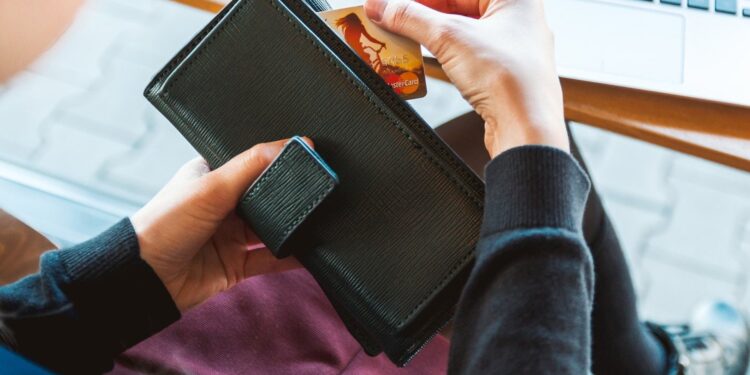At the level of language, credit refers to purchasing something or obtaining funds with the understanding that you will pay for it later, generally with interest. In our daily lives, it can mean increased economic opportunities or the means to purchase the trappings of stability and comfort. Credit is not without its costs, however: poor or no credit can create barriers both financial and social, and can transform our self-perception for the worse. Join us as we take a closer look at one of personal finance’s great mysteries: its history, why we are so invested in it, how it fits into the economy at large, and how to best make use of it.
We want to hear from you: How do you use credit? What about credit confuses you? What’s the wildest piece of credit advice you’ve ever received? Let us know in the comments, via twitter (@financeflipside), or email ([email protected])!
If you’ve missed an episode, you can find us on Apple Podcasts and Google Play.
Mentioned on the show:
A history of credit from Ancient Sumer to the present
An outline of how consumer credit works
A lot of how we think about credit is embedded in the origin of the word, which implies a relationship of trust or belief.
The relationship between credit, inflation, and wages
Why debt isn’t necessarily the enemy
Why we should change our thinking about the role of credit in our lives.
Is bail the new debtors prison?
Inequalities in access to credit, as exhibited by things like differences in mortgages
Bonus: A 2009 study examined how things like appearance affect perceptions of creditworthiness









